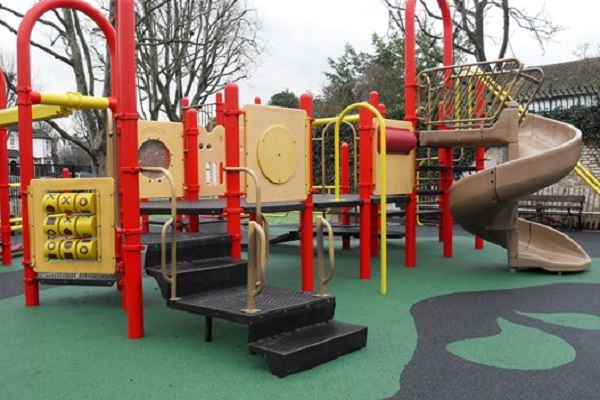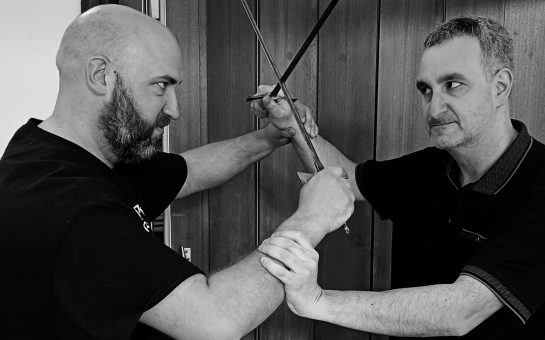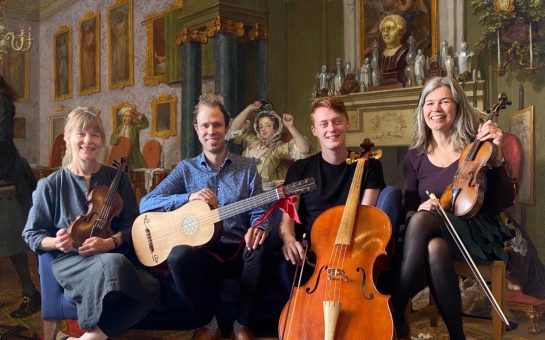The way that children play and relax has changed to reflect the new rules of society, according to an ongoing study by UCL and The University Sheffield.
The study is examining the ways that children play, with the recordings and diaries of participants being archived for future historical exhibits.
Professor John Potter, of UCL’s Institute of Education, described a conversation between the children of essential workers playing together while their traditional friend groups remained in lockdown.
The children said: “Will we still be friends when everyone comes back?”
The lockdown, Potter explained, has reinvented children’s social lives by bringing them together in new and different combinations, and with restrictions on how they can interact.
Siblings who might previously ignore each other now might spend their entire day locked in the same house.
The children of only essential workers being in school led to children playing together across year groups and social classes.
Simultaneously, the games that children play have been reinvented to match the times.
In person play requires new creative applications of social distancing rules.
Potter’s own children both work in education, with first-hand experience of how the pandemic has changed the way kids play.
Instead of abandoning the game of tag, it is now played by touching shadows.
Research has shown that physical games are vital to the physical development of children, and these have been hampered by the closing of playgrounds and the limiting of physical contact.

Potter recalled the description of one ten-year-old comparing the development of new games to Darwinian selection.
He said: “Games evolve like creatures evolve, to suit the conditions of the time period.”
This theory of ‘gamevolution’ is more visible now and explains why some games persist across generations and others appear foreign to anyone not currently a child.
Even the areas of play that aren’t directly impacted by lockdown rules have developed in new and interesting ways.
Submissions to the study have included hospitals built in Minecraft and Roblox, where children act out the roles of doctors and patients in imitation of what they see on the news.
Others have taken up new creative pursuits using technology, with one young child submitting a stop-frame animation edited on an iPad, concocting a title sequence for an imagined television show.
The research process of Potter and his team incorporates the eagerness of children to play, providing them with recording devices and equipment to carry out their own research as citizen scientists.
The isn’t the first time that historical events have trickled down to influence the play habits of children.
The Opie Archive is a famous is a famous collection of children’s play research conducted after the Second World War, when the cultural and political influences of the time trickled down into children’s games and song.
The Play Observatory is currently accepting submissions both digitally and by mail.
Children can register their own results once parents give consent to participate, or parents can submit on behalf of their children.
The study is being conducted with assistance from the British Library Archive, Great Ormond Street Hospital and the Victoria and Albert Museum of Childhood, where the records of children playing in the pandemic might someday be exhibited as history.




